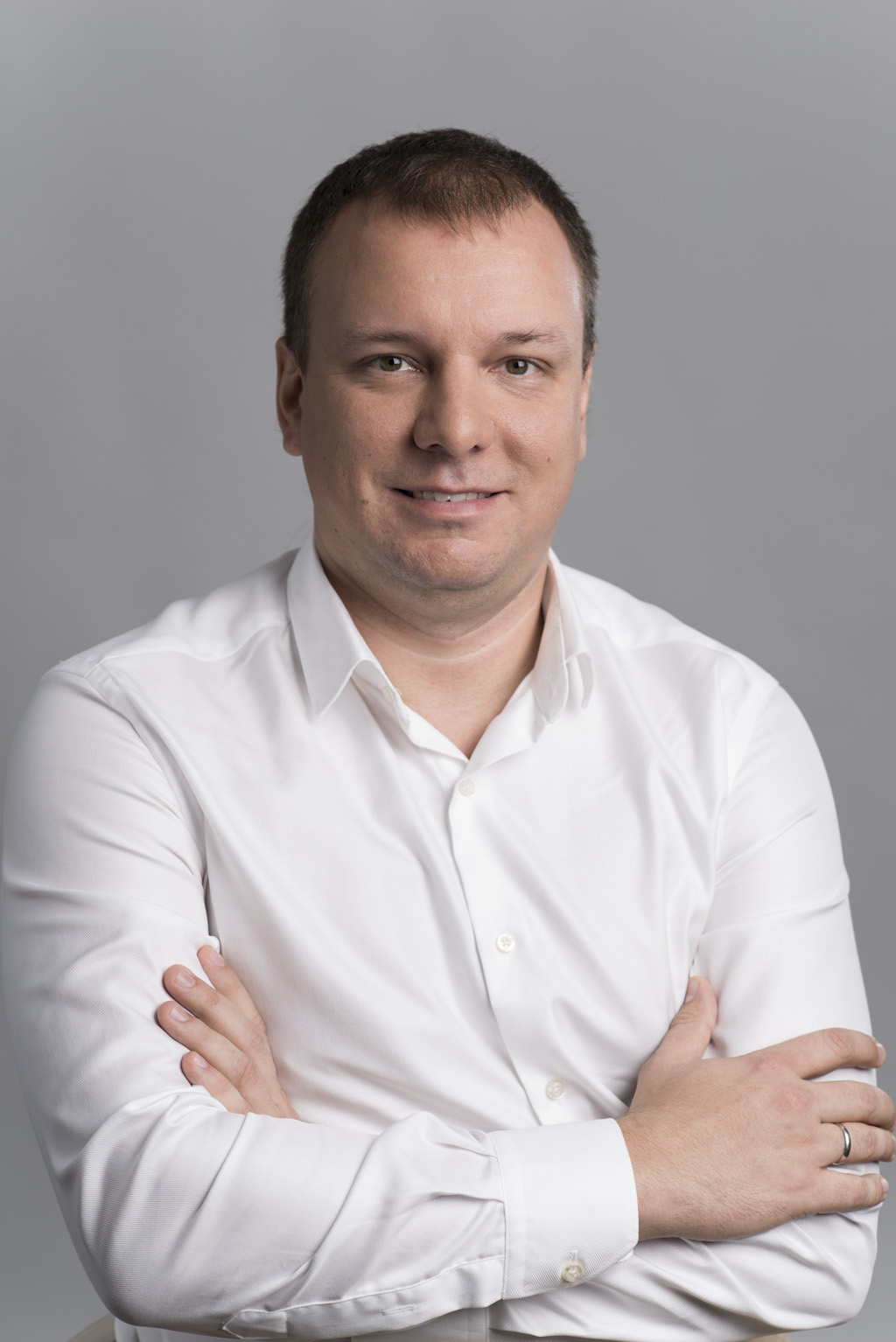After spending a quarter century in retail, where he held various executive positions including Head of Digital Transformation, Stanislav (Stas) Gorshenin found himself drawn to Malta’s evolving tech landscape. Now, as Strategy Advisor and Partner at Valletta Software Development Ltd, he’s applying his extensive business transformation experience to help companies navigate the complexities of custom software development.
“When you have a task you need to get done, you order it and you get the service,” Stas explains, drawing parallels between software development and other outsourced services. “If you have no tasks at a particular time, you don’t pay for having people on site. Custom software development is exactly the same.”
This practical perspective comes from years of experience on both sides of the digital transformation equation. Having managed large-scale retail operations with up to 30,000 employees, Stas understands first-hand the challenges companies face when attempting to manage IT development internally. “For a company which is not a digital native, it’s close to impossible to manage IT staff properly,” he asserts. “You can’t just hire 20 programmers and say ‘listen, I need this to be fixed.’ That’s a recipe for disaster,” he maintains.

At Valletta Software Development, Stas and his team are spearheading a cultural shift, moving beyond the typical reactive approach of custom software development companies. “We want to be more proactive and more useful for our potential customers,” he explains. “We can say, ‘listen, our business expertise allows us to see that you have some gaps in your processes that could be automated, and you can save money here and here.’ And we’re not just advisers – we’re programmers. We can do it for you.”
The landscape of software development has evolved significantly in recent years, shaped by several key trends. The demand for development globally remains substantial, driven by users’ constantly expanding expectations for new features and experiences, Stas explains. However, the industry has also seen a transformation in how developers enter the field. “To become a programmer 10 years ago, you needed a diploma in Computer Science, and some six years at University,” Stas notes. “Nowadays, to become a middle-plus or senior developer, a talented person requires a maximum of two years, largely due to the availability of AI-based tools.”
This democratisation of programming has led to interesting market dynamics, particularly regarding the complexity of modern software products. “The complexity of products currently going to market becomes increasingly higher,” he explains. “When you order a taxi on your phone and see that it arrives in two minutes, you must understand that there’s huge work that has been done to provide that service – prediction analytics, data analytics, proper management of routes. This requires significant mathematical skills from developers.”
At Valletta Software Development, the approach to project implementation is methodical and thorough, Stas affirms. Before any coding begins, projects go through what he refers to as the ‘discovery phase’ – a comprehensive one to two-month process involving business analysts, UX designers, DevOps engineers, and solution architects. This careful preparation helps avoid what he colourfully describes as the “light bulb syndrome” – situations where clients come to them after spending significant resources on failed development attempts due to inadequate planning.

“The average lifetime of a customer with us is five to six years,” Stas shares, attributing this loyalty to the company’s obsession with quality and focus on handling complex, sophisticated projects. This specialisation means they’re not the solution for every business. “If a small company requires a simple application for 5-10,000 US dollars, this is probably not our ideal customer. But for complex tasks involving Web3, blockchain, cryptocurrency, or sophisticated data science – that’s where our engineers excel.”
Looking ahead, Valletta Software Development has ambitious growth plans, aiming to expand fourfold over the next five years. Stas’ vision for the company emphasises the importance of understanding and focusing on core expertise – both for themselves and their clients.
His advice to companies considering software development outsourcing is straightforward: understand your core business and calculate the true costs of in-house development. “If you own a flower shop, your core expertise is how to buy and sell flowers, how to pack them, how to present them,” he explains. “If you start to spend hours on things that are not your core business, then your core expertise will start to suffer.”
Through this focus on expertise and quality, Valletta Software Development is positioning itself as a partner for companies seeking sophisticated software solutions, contributing to Malta’s growing reputation as a tech hub in the Mediterranean.
Main Image:
